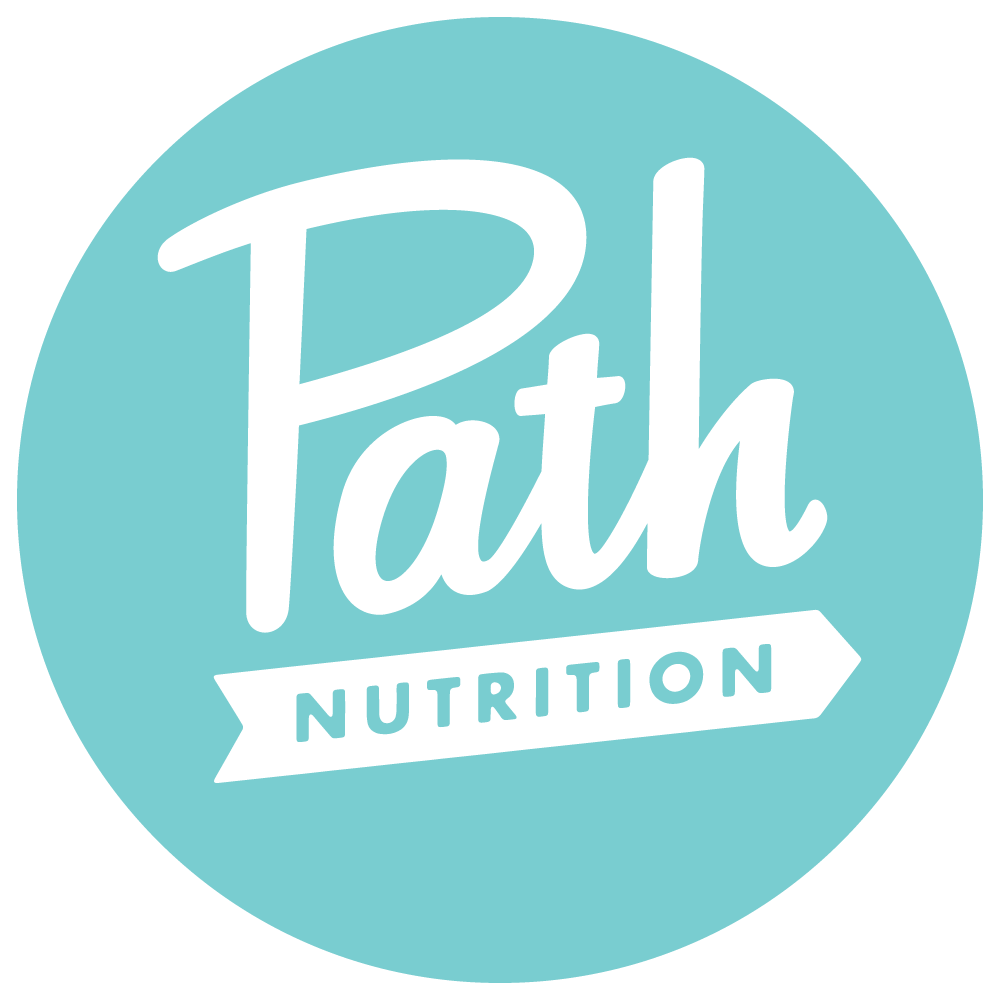From Cravings to Coping: Navigating the Psychology of Food Choices
Do you know Dr. Becky? I think we’ve talked about her before. She’s my Instagram therapist/parent coach and for the record, she is a real child psychologist.
Some people say she’s like the Dr. Spock of our time and she’s so popular I’ve even seen this spoof account where this guy mocks her and it’s hilarious. I love her and Iove the jokes about her.
But anyway, she brought up an example and I couldn’t help but draw the parallel to food. She explained that “Feelings without skills to manage them, come out as “bad” behavior…or Bad behavior is a feeling or an urge without a skill to manage them or access to the skill in the moment.
(I think the part about being able to access a skill is important because there’s knowing how to do something or what to do…and there’s being able to do it in the moment…)
So as Dr. Becky points out…We end up punishing the behavior but the behavior was just a sign of a lack of skill! So this isn’t helpful at all.
And I think about this in diet culture or food habits. You may realize that binging or overeating or just eating too many sweets or whatever is happening and so many people seek to end that behavior, often through some version of punishment. Examples of common self-punishments would be an extreme boundary, restrictive diets, or beating yourself up mentally/emotionally, which we know from experience is not helpful at all.
Here’s an example, if you’re stressed and you go to the pantry for a bag of chips and you find yourself eating the whole bag on the couch or something. You don’t have to punish yourself for eating the chips, even though diet culture taught you to do that. Weight Watchers was like welp you’re gonna need to borrow points from next week (though they don’t do that anymore).
The real work or issue is figuring out how to build skill sets and accessibility for managing your stress (or all the feelings) outside of coping with food.
Yes, you can start by taking away the behaviors of overeating/snacking without cause, but then you are still left with what my coach called “what remains.”
The “remains” is when you rip away the behavior are your same thoughts and feelings, the ones you were trying to fix or run away from. BUT it doesn’t work that way they don’t just disappear.
Let me explain how I see it as a visual. There’s a circle and the circle represents your negative thoughts and feelings. And that circle feels like your whole world in the moment, there’s nothing outside of it. When we use food, alcohol, etc.. to hide that circle, it’s like a same-sized circle that overlaps, but it’s transparent and it disappears
Then when you build your skill set to deal with this…you don’t need the bandaid so much, in comes a much larger circle that encompases the circle of ick. So now you have this larger circle that represents expansion and other feelings…and your ick circle is still there but it doesn’t feel like your whole world anymore. When you gain skills, you expand your capacity for feeling more things…not just the ick but the GOOD STUFF too.
Nobody wants to feel pain, anger, sadness, or stress. Your brain is wired to seek pleasure and avoid pain so OF COURSE your brain seeks to run from this. There’s a dopamine dip when you don’t eat the comfort food and it feels like danger.
What are the skills? What do we teach and practice ourselves? There are so many and it can be unique to many people but here are a few key points.
1) Building awareness. We have to work to bring awareness to our thoughts and feelings. This includes learning to acknowledge the feelings. (Wouldn’t you say that so many people have a SUPER hard time admitting to themselves what they actually feel?) In some cases finding and witnessing a feeling feels so unsafe. So there are ways to titrate this or to do it in small doses to offer your body and brain more capacity to experience the sensation in your body. This is where parts work or body work can be super helpful ya? We also both love integrative hypnosis and somatic experiencing techniques.
2) Building self-compassion
3) We can work on the stories we’re telling ourselves to reduce the mental load, to build new neural pathways with new forms of reward and dopamine building.
4) Building up new helpful habits, breathing techniques, movement, phoning a friend, etc.
5) PRACTICE: This takes time, progress is not perfection and progress is not linear.
This all goes to show that your “bad” habits with food aren’t just about eating this versus that or counting calories and weight loss, but rather your relationship with food and why you eat the way you eat. The root of your behavior is where to start.
Listen or watch the whole conversation on this podcast episode here.

